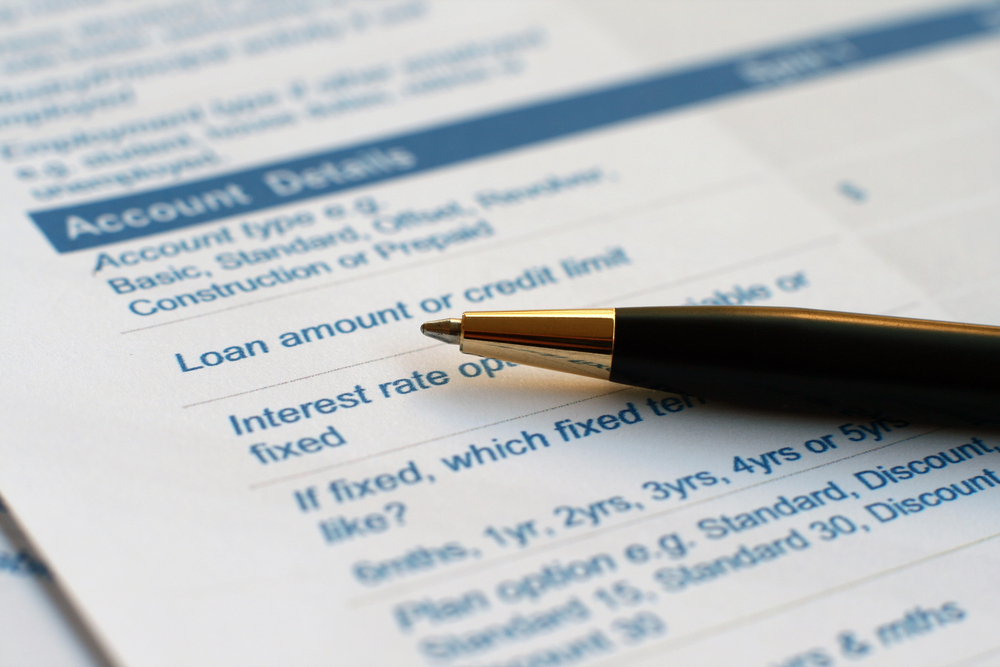How Long Before a Collection Agency Reports to the Credit Bureau?
Where debt collection is concerned, the timing of when an agency will report to the credit bureaus is possibly useful to have. A careful adherence to timing is one of the key considerations when dealing with credit score, as well as when developing a strategy in order to prevent long-term negative effects. In this article we will look at how long it takes before collection agencies report debts, what we can do with the collection, and how the reports harm credit health.
How Do Collection Agencies Work?

Collection agencies come in when you are unable to clear a certain debt for a long time. If you did not make the payments on time on a credit card, loan or any other form of credit, the lender may move your account to a collection agency. Normally, the account is usually sold and passed through the collections section of the specific company after 6 to 12 months. Once they do, the primary role of the collection agency is to try to get its money back, which may involve dealing only with you.
The Collection Timeline: When Does Reporting Begin?
A collection agency can report to the credit bureaus anytime between 30 and 90 days after they have assumed your account. Still, such a timeline presupposes variations depending on the agency and type of debt. Let’s look at a breakdown:
- Day 0 to 30: Within the first one month you shall be contacted by the collection agency to notify you of the debt and or demand for payment.
- Day 30 to 90: In most cases, if payment agreements are not made the agency will refer the collection to the credit bureaus such as Equifax, Experian and TransUnion.
- After 90 Days: If you report the collection account, its impact on your score will begin and may take up to seven years before being removed.
Each collection agency can handle things differently. It’s crucial to communicate early, even if you can’t make payments right away, to potentially delay or avoid a report.
Collection Timeline and Reporting to Credit Bureaus
| Timeframe | Action Taken by Collection Agency |
| Day 0 – 30 | Agency contacts debtor; provides notice of debt |
| Day 30 – 90 | Reports debt to credit bureaus if unpaid |
| After 90 Days | Account marked as default; remains on credit report |
| Up to 7 Years | Collection account can affect credit score |
What Factors Influence the Reporting Timeline?
Several factors may affect when your debt is reported to the credit bureaus:
🚨 TUIC Errors + Low Credit Score?
CreditScoreIQ helps you build credit faster by reporting utility bills to all 3 bureaus—while you dispute errors.
Start Building Credit Today →- Type of Debt: Medical debts often have different timelines compared to credit card debts. The Fair Credit Reporting Act (FCRA) mandates a delay of 180 days for medical debts before they can be reported, allowing time for insurance adjustments.
- State Laws: In some states, regulations may extend or shorten the timeline for collections. For example, certain states require agencies to give more notice before reporting to credit bureaus.
- Agency Policies: Collection agencies have their own unique internal guidelines. While one agency may report promptly after 30 days, another might offer extended grace periods to encourage communication.
- Negotiation Attempts: If you negotiate or dispute the debt, it might delay the reporting process. Agencies are often required to note any disputes before reporting to the credit bureaus.
How Does a Collection Affect Your Credit Score?
A reported collection will significantly impact your credit score. In most cases, a single collection account can drop your score by over 100 points, depending on other factors such as existing credit history and the total amount owed. Once a collection appears on your report, it remains there for seven years from the original delinquency date, even if the debt is eventually paid.
Here’s a graphical representation of the average score impact for individuals with varying credit scores:
Impact of Collection Account on Different Credit Scores
Explanation: The graph shows that individuals with higher credit scores typically experience a more significant drop when a collection is reported. For example, a person with a credit score above 750 might see a decrease of 100-150 points, whereas someone with a score below 600 might experience a drop of 50-80 points.
What Steps Can You Take To Minimize Impact?
If you have a collection debt and want to avoid its impact, consider the following steps:
- Communicate Early: Contact the collection agency as soon as you receive notice. Establishing a repayment plan could prevent the debt from being reported, particularly if the agency is open to working with you.
- Request Debt Validation: Under the Fair Debt Collection Practices Act (FDCPA), you can request that the agency validate the debt within 30 days of their initial contact. This process can help ensure the debt is accurate and that the reporting timeline is postponed while validation occurs.
- Negotiate a Pay-for-Delete Agreement: In some cases, collection agencies are willing to remove the negative item from your credit report if you pay the debt. Note that not all agencies will agree to this, and it’s not a guaranteed practice. However, it’s worth attempting as it could minimize the long-term damage.
- Monitor Your Credit Report: By keeping a close eye on your credit report, you can verify that any paid debts are updated and that incorrect or outdated information is removed promptly.
Disputing Incorrect Collections

There are instances where a collection account might be incorrect or even fraudulent. In such cases, you can dispute the account directly with the credit bureau. Here are the steps you should take:
- Gather Evidence: Collect documents that support your dispute, such as proof of payment or identity theft affidavits.
- File a Dispute: You can dispute an incorrect collection through the credit bureau’s online portals. Credit bureaus are obligated to investigate disputes within 30 days.
- Follow Up: It’s crucial to follow up after filing a dispute. The bureau should provide you with a conclusion, and if the collection is found to be inaccurate, it will be removed from your credit report.
How to Rebuild Credit After a Collection Report
If a collection account has already impacted your credit score, there are ways to start rebuilding:
1. Pay Off Outstanding Debt
Even if a collection account remains on your credit report for seven years, paying it off can still make a difference. Credit scoring models, such as FICO 9, place less emphasis on paid collections compared to unpaid ones, and future creditors might look more favorably at your history if they see that you have resolved outstanding debts.
2. Use Secured Credit Cards
A secured credit card can help build credit, especially if your credit score has been significantly damaged. Make consistent, on-time payments to gradually improve your score.
3. Keep Credit Utilization Low
High credit utilization can further hurt your credit score. Aim to keep your credit card balances below 30% of the total credit limit to show that you can manage credit responsibly.
4. Consider Credit Counseling
A reputable credit counseling service can help you create a strategy for debt repayment and credit rebuilding. Credit counseling can also help you better understand your financial situation and create a plan to avoid future collections.
Conclusion
Dealing with collection agencies can be daunting, especially when the timeline for reporting debt to credit bureaus is uncertain. Generally, collection agencies report unpaid debts within 30 to 90 days, but various factors, including the type of debt and state laws, can influence this timeline. If you’re struggling with debt, early communication is key to avoiding negative credit reports. By understanding the processes involved and taking proactive measures, you can minimize the impact collections have on your financial well-being and work towards rebuilding your credit.
Whether you’re facing a collection or have already experienced the consequences of one, take charge of your financial health today by negotiating, communicating, and being aware of your rights. Remember, your credit is something that can always be improved, even if it’s been impacted by collections.
Ready to Improve Your Credit?
Disputing TUIC errors is step one. Step two? Boost your score by reporting utility payments with CreditScoreIQ.
Get Started Now (Only $1 Trial) →3-bureau reporting • $1M identity insurance • Dark web monitoring

